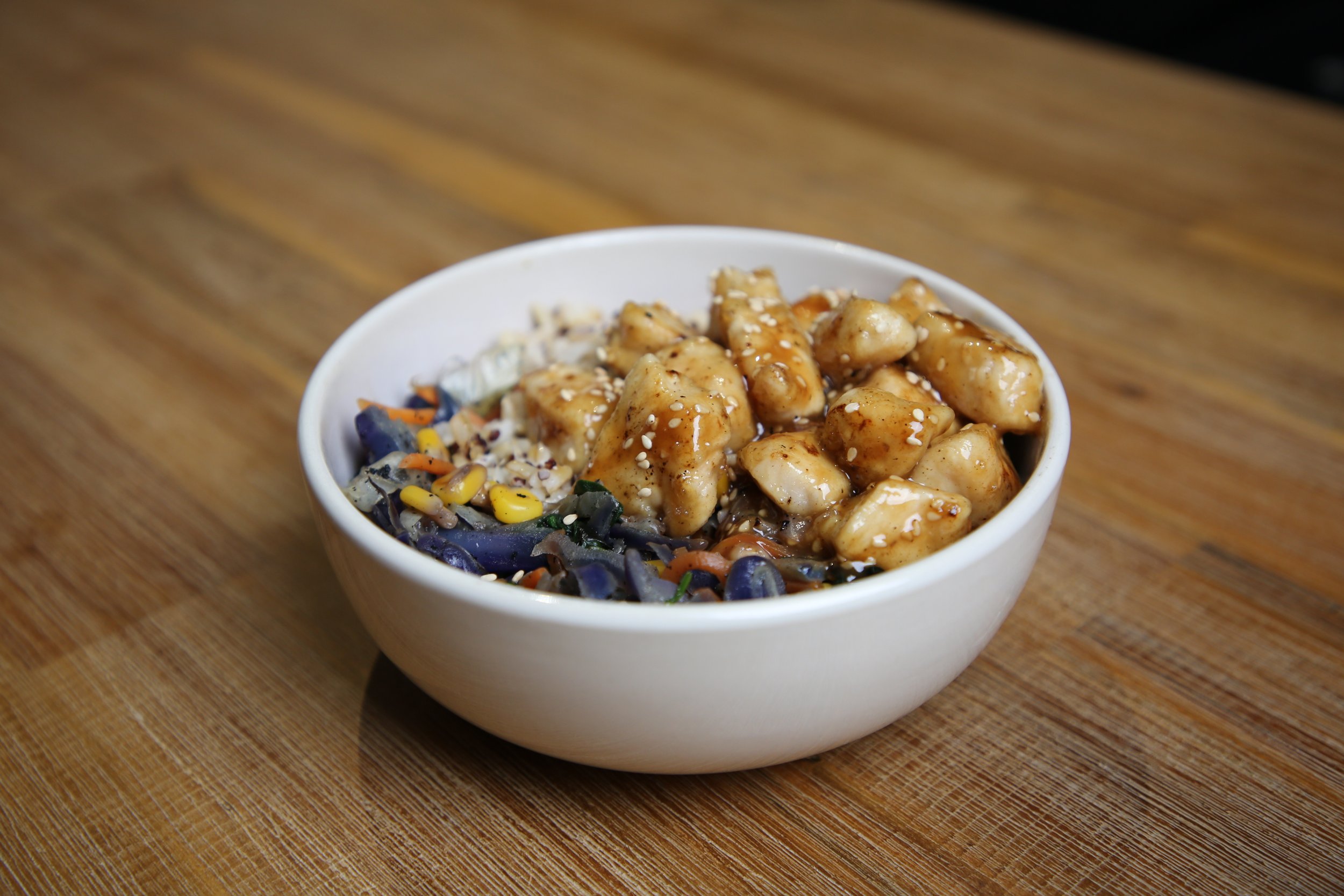Sports Injury Nutrition
Injuries can hinder your progress and peak performance, robbing you of valuable training time. Surprisingly, nutrition is a significant predictor of both injury prevention and recovery. Here's why nutrition matters in sports injury management.
Why is nutrition important for sports injury
Proper nutrition can:
Reduce the Risk of Injury: A well-balanced diet lowers the likelihood of injuries.
Accelerate Return-To-Play: Provide appropriate nutrition to accelerate injury recovery and power restoration
Fuel Appropriately during Different Injury Phases: Adapt nutrition to various stages of injury recovery to help return to play.
Preserve Muscle Mass: Maintain muscle mass during recovery.
Provide Optimal Nutrient Doses: Support recovery without unnecessary fat gain.
Prepare for Surgery: If surgery is necessary, nutrition helps you getting the most from the treatment.
Reduce Inflammation: Nutrition can mitigate inflammation in injured areas.
Regain Muscle and Strength: Optimize protein intake to rebuild muscle.
Use Supplements Safely: Safe and appropriate supplements can aid recovery and nutrition goals.
Why working with a dietitian?
Dietitians are medically-trained nutrition professionals, and the only professional that is qualified to provide individual dietary consultation at the moment (Click here to read about dietitian and nutritionist). Dietitians are trained to provide medical nutrition therapy and one-to-one personalised dietary advice. We take in consideration of one’s lifestyle, dietary habits, preference and goals to tailor our nutrition strategies.
Sports dietitians, who are further trained in sports nutrition, provide advice to individuals at any activity level, promoting health, well-being, and goal achievement.
The topics dietitians might talk to you about:
Adequate nutrition and energy intake to prevent injury
Protein requirement during injury to preserve muscle mass
Different protein requirement to building back muscle and return to play
Maximising healing process by matching nutrient supply
Practical tips to implement nutrition strategies
Safe and effective use of supplement in different phases of injury
What does working with Timeless Dietetic dietitian look like?
-
You will be invited to fill in a survey before the consults, including your health history, family history, current situation, goals
For elite athletes: You might be asked to provide a training program, body composition assessment (if available) and food diary
-
Discuss and understand your goals, living situation, lifestyle, potential motivators and barriers.
Perform assessment on health indicators, training schedules and goals, usual dietary intake.
Provide professional feedback on your diet, and identify areas that can be improved to help achieve your goal.
Discuss the most relevant nutrition topic that can help with the current situation and those you are interested in.
In collaboration with you, set small but impactful nutrition goals, homework and challenges.
Recommend what else you can do in the future and a recommended review timeframe if you would like to continue.
Provide you with a tailored nutrition information package to takeaway.
-
Review the effectiveness and practicality of previous goals/homework/challenges.
Review and track any progress indicators.
Reassess any changes in health indicators, training and dietary intake.
Discuss the most relevant nutrition topics and those you are interested in.
In collaboration with you, adjust the previous intervention that did not work well or develop a new strategy.
In collaboration with you, develop new strategies to improve your health and progress.
Provide you with a tailored nutrition information package to takeaway.
Work with Us
Other Sports Nutrition Concerns
Optimal nutrition is key in preventing and recovering from sports injuries. A well-balanced diet reduces injury risk, fuels different injury phases, preserves muscle mass, and supports healing. Dietitians, medically-trained nutrition experts, offer personalized guidance, adapting strategies to individual needs. Their expertise covers adequate nutrition, protein management, muscle rebuilding, and safe supplement use.
Discover the role of supplements and ergogenic aids in sports nutrition such as protein powders, multivitamins, beta-alanine, creatine, etc. Learn why a 'food-first' approach is crucial, and how dietitians provide personalised guidance to optimise performance while minimising risks when choosing sports supplements.
In endurance sports (running, swimming, cycling, marathon, triathlon), nutrition is vital for optimal performance and recovery. A poorly planned diet can hinder progress and lead to various health risks. Learn the essentials of proper nutrition including carb loading, hydration, supplements and nutrition periodisation.
Unlock the transformative power of nutrition in weight training. This blog delves into the critical role of personalised nutrition plans for achieving fitness goals, preventing injury, and optimising overall health in resistance training, extending beyond mere physique enhancement.
In 'Lean Body Mass Gain Nutrition 101,' we explore the essential components of muscle growth: exercise stimuli, protein intake, and a calorie surplus. The article emphasises the importance of aligning nutrition with your fitness goals, avoiding pitfalls, and maintaining a flexible and healthy approach to diet and supplementation for optimal muscle development. Timeless Dietetics.
We explore how different goals, from sports performance to physique sports, require unique approaches to nutrition. Understanding the distinction between weight and fat loss and the importance of a well-balanced nutrition plan is essential for success. Timeless Dietetics
Our Blogs and Recipes



































